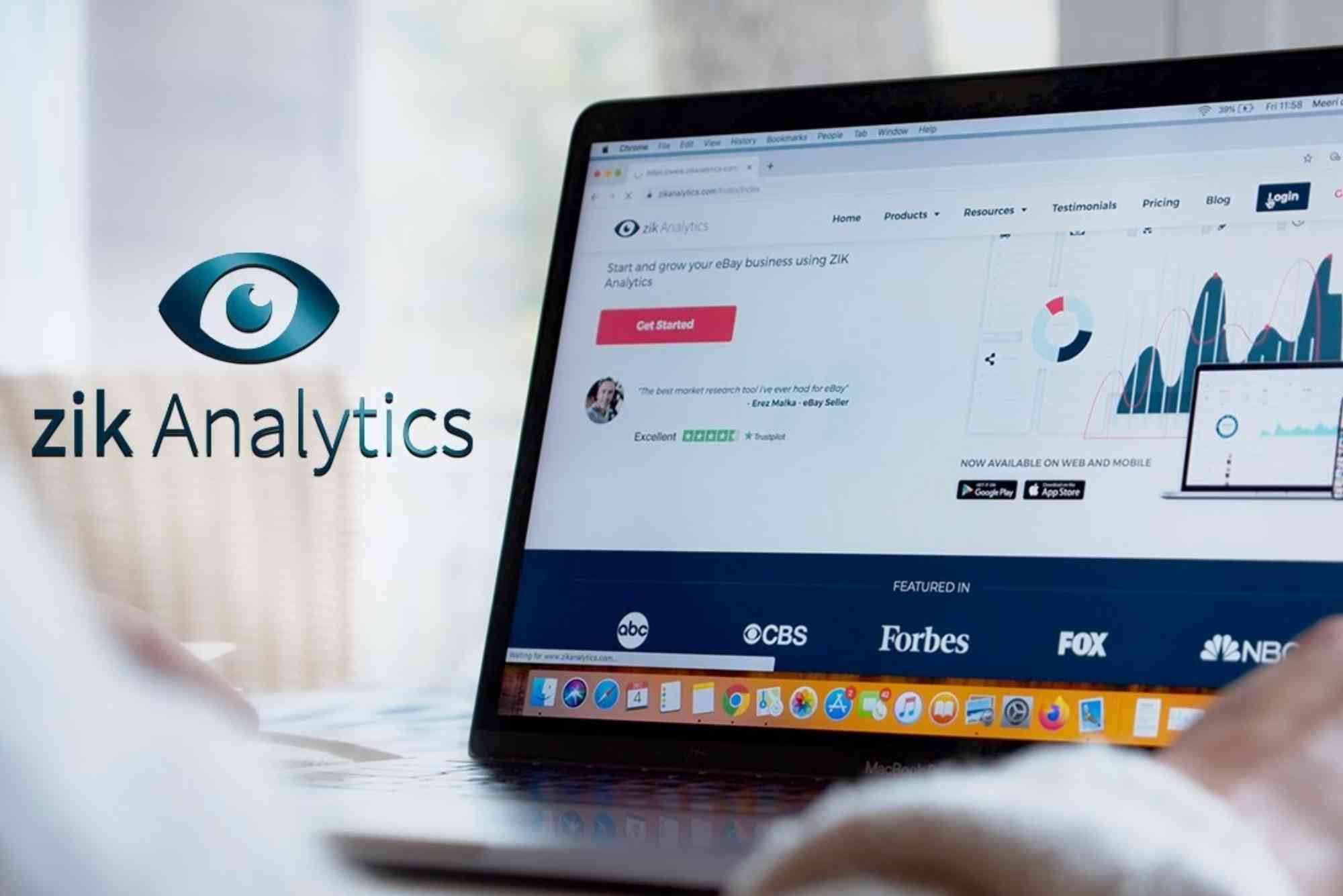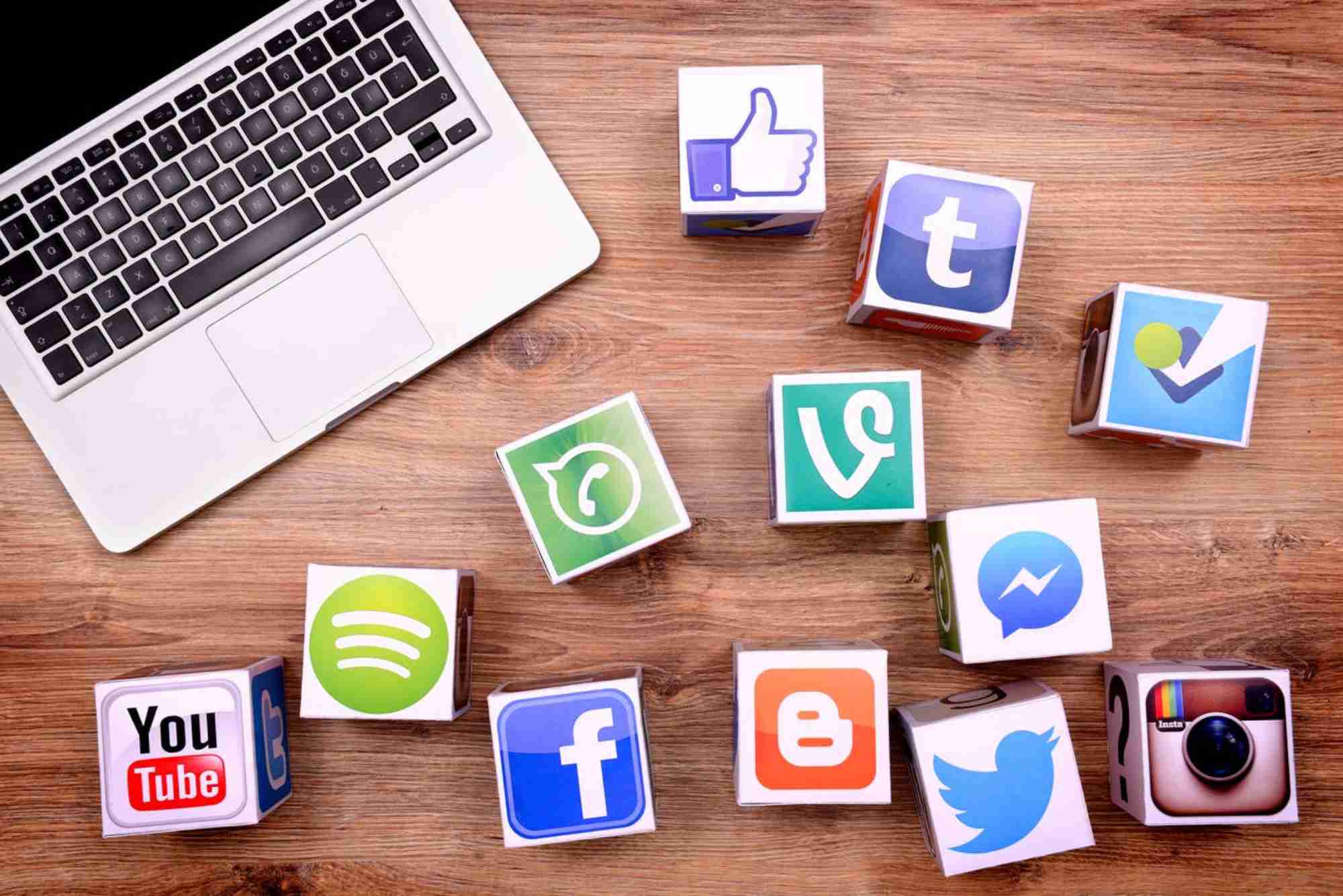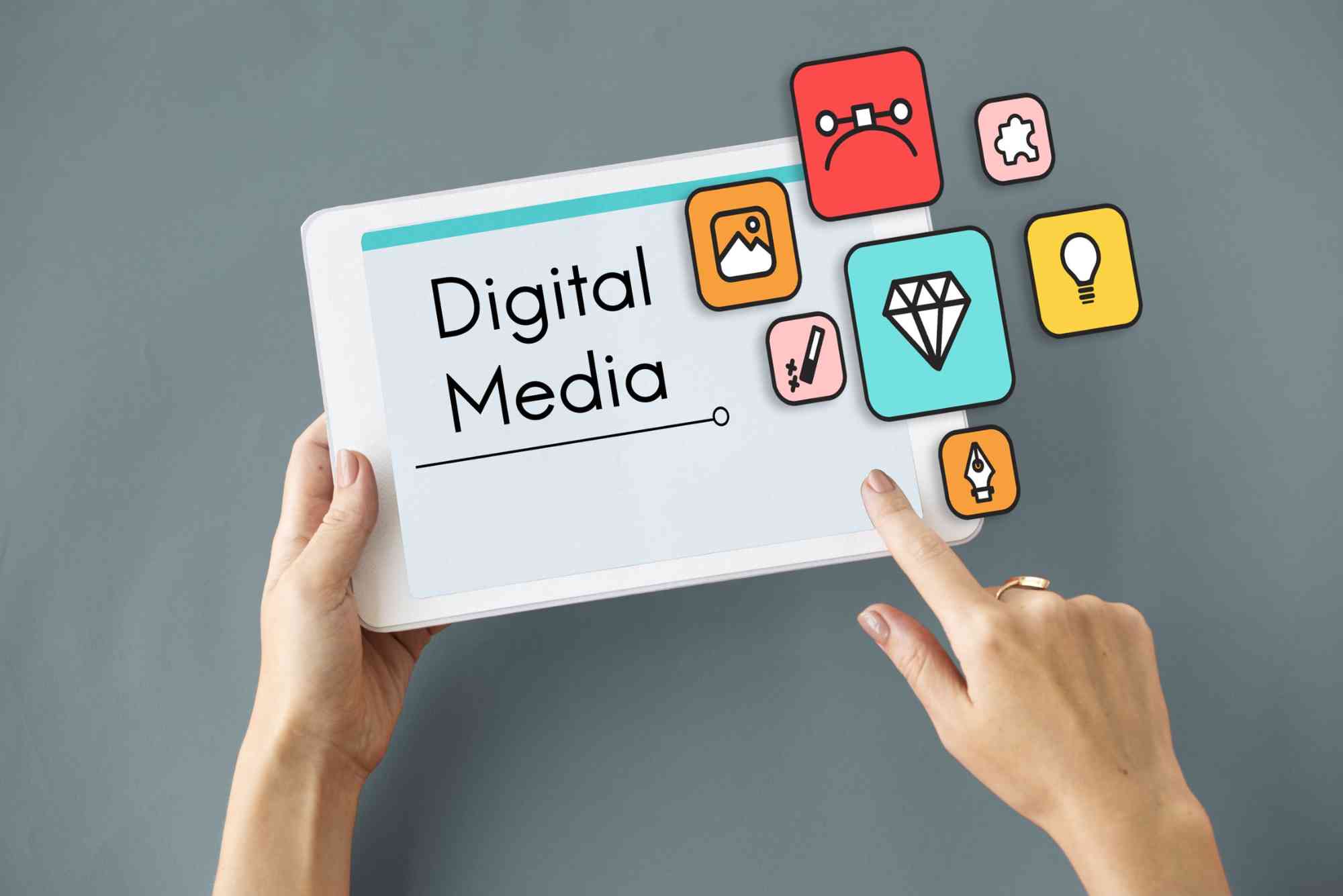The Future of Difference Between Data Science And Data Analytics in Digital Marketing
In today’s data-driven world, understanding the difference between data science and data analytics is more crucial than ever. Digital marketing thrives on insights drawn from vast datasets, and both disciplines play pivotal yet distinct roles in transforming data into strategy. As marketing evolves, the boundary between data science and analytics blurs—but their individual contributions remain essential for success.
Understanding the Core Difference Between Data Science and Data Analytics
While both fields revolve around data, their focus and goals differ. Data analytics focuses on interpreting existing data to draw conclusions and optimize decisions. Data science, on the other hand, builds models, algorithms, and predictive systems that anticipate future trends.
What Is Data Analytics in Digital Marketing?
Data analytics examines patterns and metrics to understand customer behavior. In digital marketing, this means using tools like Google Analytics Help to measure traffic, engagement, and conversion. Analysts collect historical data to answer specific questions, such as which campaign generated the highest ROI or which audience segment is most responsive.
What Is Data Science in Digital Marketing?
Data science goes beyond analysis—it creates predictive insights. Data scientists use machine learning, AI, and big data processing to forecast outcomes and automate decisions. For example, predictive models can determine which customers are most likely to churn or what product a user might purchase next.
The Evolving Role of Data in Digital Marketing
The rise of AI and automation has expanded both fields. Digital marketers no longer rely solely on intuition; they use data-driven frameworks to make strategic choices. As businesses collect more data, the difference between data science and data analytics becomes increasingly significant.
Data analytics answers the “what happened” and “why,” while data science predicts “what will happen next.” Together, they shape smarter marketing campaigns that enhance personalization, targeting, and overall performance.
How Data Science Shapes Digital Marketing’s Future
Data science has revolutionized digital marketing by introducing predictive intelligence. Algorithms now determine which content resonates best, forecast campaign outcomes, and even optimize ad spend in real-time.
Predictive Modeling and Automation
Data scientists design models that learn from user interactions to forecast trends. For instance, predictive analytics can estimate customer lifetime value, identify emerging product interests, or optimize ad placement automatically.
AI-Driven Personalization
AI-powered recommendation engines use data science to deliver personalized content and product suggestions. These technologies help brands create hyper-targeted campaigns that convert better and cost less.
Real-Time Decision Making
With machine learning models, marketers can respond to user behavior instantly. Data science enables systems to adjust bids, content, or offers in milliseconds based on live data streams.
How Data Analytics Strengthens Marketing Decisions
While data science focuses on innovation, data analytics ensures operational efficiency. It provides the foundation for data-driven marketing strategies.
Performance Measurement and Reporting
Data analytics tools help track campaign success, monitor KPIs, and provide actionable insights. For example, by analyzing bounce rates and user journeys, marketers can identify friction points and refine content strategy.
Customer Segmentation
Analytics helps categorize audiences by behavior, demographics, and purchase patterns. This segmentation allows brands to send personalized messages that increase engagement and sales.
Conversion Optimization
Data analytics uncovers patterns in user behavior to improve conversion rates. By analyzing funnel drop-offs, marketers can redesign landing pages or tweak CTAs to drive better results.
The Future of the Difference Between Data Science and Data Analytics
As marketing becomes more automated and AI-driven, both fields will merge more closely—but with distinct responsibilities. Data analytics will remain essential for real-time insights, while data science will focus on predictive modeling and automation.
Integration Through AI and Machine Learning
The future of digital marketing lies in the seamless integration of analytics and data science. Machine learning models will automate data analysis, while human marketers interpret results and make strategic adjustments.
Cloud and Big Data Infrastructure
With the expansion of cloud technologies, data scientists and analysts can process massive datasets faster and more cost-effectively. This scalability allows brands to perform complex analyses that were once impossible.
Ethical Data Practices
As privacy regulations evolve, marketers must handle data responsibly. Understanding the difference between data science and data analytics helps ensure compliance with ethical standards and data protection laws.
Real-World Example: Using Data Science and Analytics Together
Imagine a beauty brand launching a new skincare line. Data analytics helps measure engagement, click-through rates, and conversions across channels. Meanwhile, data science builds a predictive model to identify which demographics are most likely to purchase again.
Together, these insights guide product recommendations, ad targeting, and customer retention strategies—creating a data-driven ecosystem that maximizes marketing ROI.
Why Marketers Should Understand Both Fields
Marketers who grasp the nuances between data science and data analytics can craft smarter campaigns. Knowing when to apply analytics for reporting versus data science for prediction enhances strategic decision-making.
Working with an SEO Expert Help professional can amplify this advantage. SEO experts use data-driven strategies powered by both analytics and data science to optimize website visibility and content performance.
The Skillsets Behind Each Discipline
Although both rely on data, the tools and techniques differ.
Data Science Skills
Data scientists typically possess knowledge of programming languages such as Python or R, along with machine learning frameworks. They also use big data technologies like Hadoop or Spark.
Data Analytics Skills
Data analysts often work with visualization tools such as Power BI, Tableau, or Excel. They interpret data outputs, generate reports, and deliver insights that guide business strategies.
Understanding these skill differences helps digital marketing teams collaborate effectively.
The Impact on SEO and Content Strategy
The synergy between data science and analytics extends into SEO. Data analytics provides insight into keyword performance, user behavior, and backlink quality. Data science, in turn, predicts content trends and automates ranking analyses.
For instance, AI-driven SEO tools can identify emerging keyword opportunities before competitors do, helping brands maintain visibility and authority in search results.
Building a Data-Driven Marketing Ecosystem
A successful digital marketing strategy integrates both data science and data analytics seamlessly. Marketers must establish a clear workflow where data is collected, analyzed, and transformed into actionable intelligence.
Automation tools, dashboards, and predictive engines should feed real-time insights to decision-makers, ensuring every marketing action aligns with measurable goals.
Challenges in Differentiating Data Science and Data Analytics
Despite their synergy, confusion persists around their roles. Businesses sometimes over-rely on analytics while neglecting predictive modeling. Others invest in machine learning without strong foundational data analysis.
The key lies in balance—leveraging analytics for current insights and data science for future strategy.
Future Trends Shaping the Fields
Emerging technologies continue to redefine both domains. Edge computing, generative AI, and privacy-preserving analytics will play major roles in the coming years.
As digital marketing grows more competitive, understanding the difference between data science and data analytics will help brands remain agile, ethical, and effective in targeting the right audiences.
FAQs
Is data science better than data analytics?
Not necessarily. Data science predicts future outcomes, while data analytics explains past events. Both are valuable in digital marketing.
Can data analytics exist without data science?
Yes. Analytics can function independently, but data science enhances it with predictive and automation capabilities.
Which is harder to learn, data science or data analytics?
Data science is generally more complex due to its reliance on programming, statistics, and machine learning.
How are data science and analytics used in marketing?
Analytics measures and optimizes performance, while data science predicts trends and automates personalization.
Will AI replace data scientists or analysts?
AI will automate certain tasks, but human expertise remains crucial for interpretation and strategic decisions.
The future of digital marketing belongs to those who understand the difference between data science and data analytics and use both strategically. Analytics provides the foundation; data science drives innovation. Together, they form the backbone of intelligent marketing systems that deliver measurable results.







